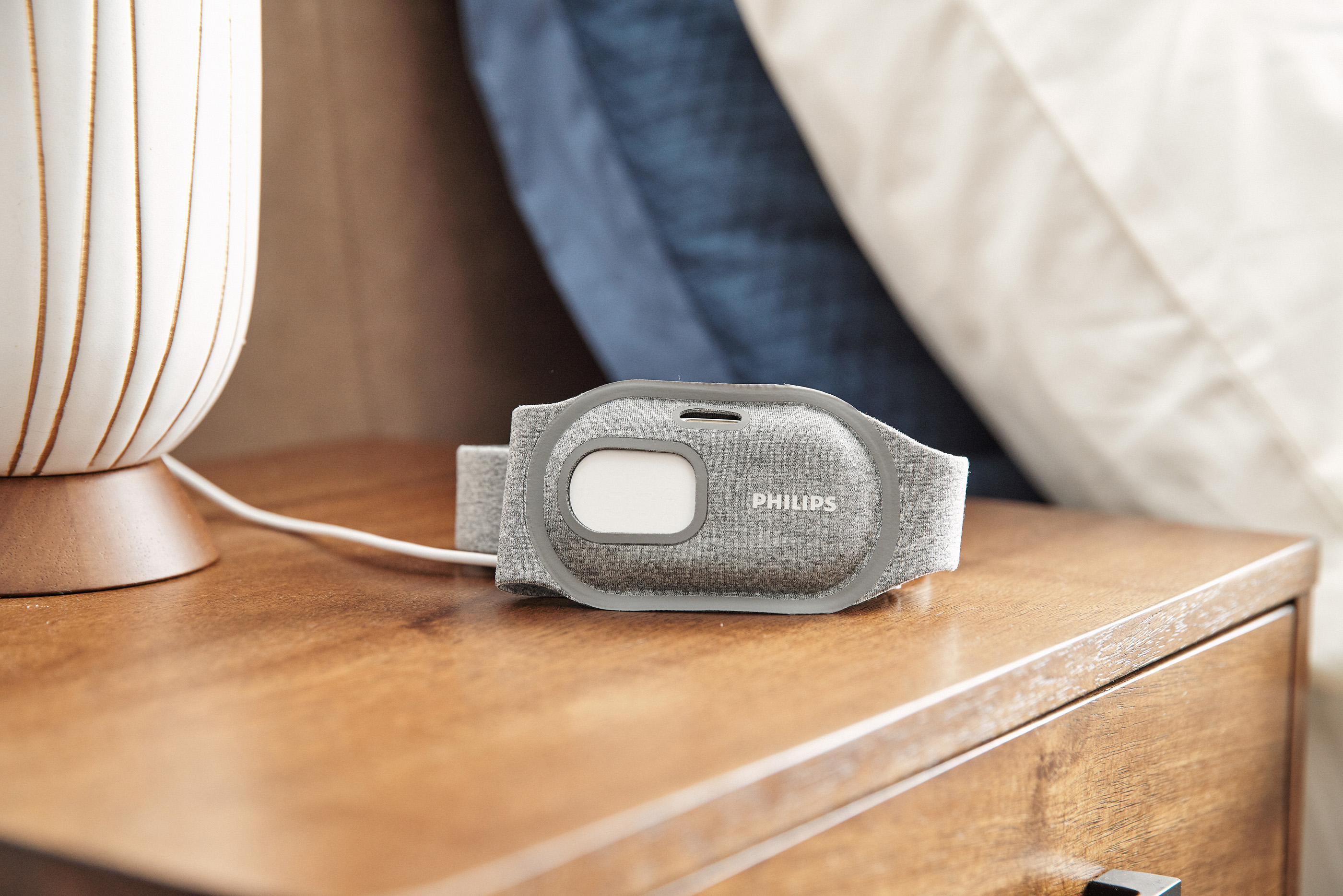

High Risk of Insomnia based on Insomnia Severity Index (score of 22 or higher).
 High Risk of Restless Legs Syndrome (RLS) based on Cambridge-Hopkins Screening questionnaire. High Risk of OSA based on STOP-BANG Questionnaire ("yes" on at least 4 of 8 questions). Prior history or diagnosis of any sleep disorder. Current use or use of within the past month of a prescription or over-the-counter sleep medication or stimulant use of psychoactive medication (based on self-report and review with a study clinician). Currently working night, swing, split or rotating shift. Major controlled or uncontrolled medical condition such as congestive heart failure, neuromuscular disease, renal failure, cancer, COPD, respiratory failure or insufficiency, or patients requiring oxygen therapy (as determined by self-report). Cardiovascular, neurological, gastrointestinal, or musculoskeletal problems that exclude participation. stroke, aneurysm, brain surgery, structural brain lesion). Individuals who self-report a history of recurrent seizures or epilepsy or have a history of medical conditions that could increase the chance of seizures (e.g. Acute, chronic, or debilitating medical conditions, major Axis I psychiatric illness based on history, physical exam, blood and urine chemistries, and CBC. Those that have been nicotine-free for 30 days will be included. Current smoker/tobacco user, or using nicotine replacement therapy. Excessive caffeine consumption (> 650mg/day combining all caffeinated drinks regularly absorbed during the day).
High Risk of Restless Legs Syndrome (RLS) based on Cambridge-Hopkins Screening questionnaire. High Risk of OSA based on STOP-BANG Questionnaire ("yes" on at least 4 of 8 questions). Prior history or diagnosis of any sleep disorder. Current use or use of within the past month of a prescription or over-the-counter sleep medication or stimulant use of psychoactive medication (based on self-report and review with a study clinician). Currently working night, swing, split or rotating shift. Major controlled or uncontrolled medical condition such as congestive heart failure, neuromuscular disease, renal failure, cancer, COPD, respiratory failure or insufficiency, or patients requiring oxygen therapy (as determined by self-report). Cardiovascular, neurological, gastrointestinal, or musculoskeletal problems that exclude participation. stroke, aneurysm, brain surgery, structural brain lesion). Individuals who self-report a history of recurrent seizures or epilepsy or have a history of medical conditions that could increase the chance of seizures (e.g. Acute, chronic, or debilitating medical conditions, major Axis I psychiatric illness based on history, physical exam, blood and urine chemistries, and CBC. Those that have been nicotine-free for 30 days will be included. Current smoker/tobacco user, or using nicotine replacement therapy. Excessive caffeine consumption (> 650mg/day combining all caffeinated drinks regularly absorbed during the day). #Pillips smartsleep free
Free of psychological/psychiatric conditions that preclude participation.Bachelor's degree or Master's degree (or the equivalent in work experience) in a relevant field, and/or military service.In addition, both study personnel and those assessing outcomes will not be aware of the order of stimulation modalities.Įvaluation of SmartSleep Technology for Improving the Efficiency and Restorative Quality of Sleep in Healthy Adults in Order to Mitigate Cognitive Performance Deficits Due to Sleep Restriction and Emergency Awakenings Subjects will wear the SmartSleep device each night and will be unaware of the order of stimulation modalities. The SmartSleep device will be programmed by investigators not involved in study execution. Each subject will receive all of the 4 sleep conditions in a randomized order that will be unknown to the subject. This study uses within subject randomization.


Top of Page Study Description Study Design Arms and Interventions Outcome Measures Eligibility Criteria Contacts and Locations More Information Subjects will complete the 7-day study in groups of 4. A total of 12 healthy astronaut-like adults will be studied.
Sham: No auditory stimulation while wearing the SmartSleep headbandĬognitive performance testing and self-report surveys will be completed on a daily basis. Subjects will receive all four modalities in a randomized order: During nights 2-5, subjects will receive one of four stimulation modalities using the SmartSleep wearable device. Nights 2-5 will consist of 5 hours time in bed, followed by night 6 of a recovery 10 hours time in bed. Night 1 will be an adaptation night with 8-hours time in bed. Subjects will be in the laboratory for 7 days/6 nights. Thus, the device uses "quiet audio tones" (sub-awareness) to increase slow waves, which can enhance sleep quality/depth, thereby enhancing subsequent waking cognitive performance without the unwanted sedating effects of medications on cognitive functions during emergency awakenings. The SmartSleep technology uses two small sensors in the headband to continuously detect the brain's slow wave sleep (delta/theta frequency) in real time, and a closed-loop algorithm customizes the timing and volume of tones to optimize the sleep pattern. This study will use SmartSleep (Philips) technology to determine what effect the device has on daytime cognitive performance after emergent awakenings from sleep in a chronic sleep restriction paradigm. Sleep slow waves support system and synaptic consolidation by promoting specific patterns of neuromodulatory and electric activities, and subjective sleep quality is related to the size and number of slow waves that occur nightly. There is a need for a technology that can improve sleep quality in space and biologically maximize the performance benefits of limited sleep duration, without unduly affecting the ability of astronauts to awaken abruptly and respond to an in-flight emergency. Why Should I Register and Submit Results?Īdequate healthy sleep is essential in spaceflight to ensure that astronauts maintain a high level of cognitive performance capability and do so without undue stress.








 0 kommentar(er)
0 kommentar(er)
